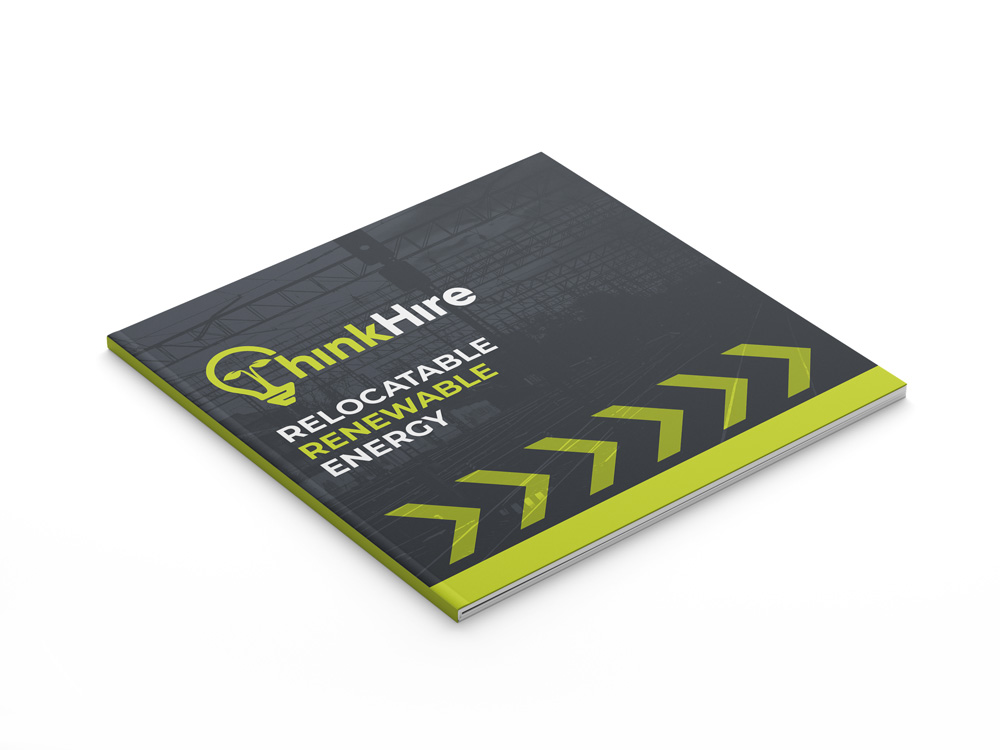Electric Plant – The Future Of Construction
Date: 20/06/22
With the Government targeting zero emissions in the construction industry by 2050, there has been a renewed focus on electric plant and vehicles for construction sites in recent years. Today, the huge increases in fuel costs seen so far this year, coupled with the ban on supplemented ‘red diesel’, makes the change to electric plant even more urgent, with many construction companies facing crippling overheads. UK fuel prices have hit record highs every day for the last month, according to the RAC, and there are no signs of prices easing anytime soon.
Fortunately, Think Hire are here to support you every step of the way in your transition to cleaner, more cost-effective, electric plant. Our state-of-the-art electric vehicle and plant charging stations, backed by the latest in clean solar power generators, make the electric-powered future accessible, and affordable, to everyone.
Advances in electric plant
For many years, electric plant was held back by battery capacity. This meant that electrification was limited to units with lower power demands. Larger units simply could not operate for long enough, or deliver enough power, from existing battery packs. For example, in the past, a 20tonne excavator would need a battery pack weighing 8tonnes.
However, as battery technology improves, more and more equipment now can be run efficiently and effectively on electric power, while delivering exactly the same performance as their diesel counterparts. What’s more, increased electric motor efficiency means that this equipment can now run for longer, often for whole shifts, and recharge faster at electric vehicle and plant charging stations ready for their next deployment.
Electric plant may still be dominated by smaller units in lighter weight categories, but with each step forward in battery technology, a larger range of electric plant becomes viable. Major manufacturers, such as JCB, are constantly updating their electric range, with new models appearing on a regular basis. It may not be long before the roaring diesel engine sounds, which were once synonymous with building sites, become a thing of the past as they quietly go about their work under electric power.
The benefits of electric plant
The environmental and cost benefits of electric plant are clear, with zero carbon emissions and significantly reduced fuel use, but electric vehicles also have many other benefits too. With much quieter operation, and significantly less vibration, they are far more comfortable to operate, which in turn increases productivity from the workforce.
The lower noise makes electric plant ideal for sites in residential areas at night, or in commercial districts during office hours, while zero emissions means that they can be used in enclosed spaces without the need for expensive ventilation or disruptive working practices. What’s more, without the complexities of internal combustion engines, electric vehicles are easier, and cheaper, to maintain than traditional vehicles.
Solar powered vehicle and plant charging
Unfortunately, rising fuel costs for traditional diesel generators, and rising electricity prices on the grid, mean that electric vehicle and plant charging can still represent a significant cost. To fully benefit from the introduction of electric plant, you need to tap into a cheaper, cleaner power source, such as solar power.
Think Hire offer a range of solar power generators and solar hybrid generators that can feed your electric vehicle and plant charging stations to cut costs even further. In fact, Think Hire actually guarantee to cut your operating costs when you choose them as your renewable energy partner.
To find out more about how easily you can install solar power generators and electric vehicle and plant charging stations on your site, talk to the expert team at Think Hire today.
